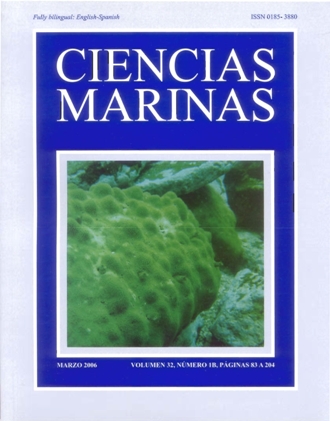Interlaboratory assessment of marine bioassays to evaluate the environmental quality of coastal sediments in Spain. IV. Whole sediment toxicity test using crustacean amphipods
Main Article Content
Abstract
Interlaboratory variability was studied for the bioassay using crustacean amphipods. Nine series of data were obtained from different laboratories using four different species (Ampelisca brevicornis, Corophium volutator, Corophium multisetosum and Microdeutopus gryllotalpa), all previously used for sediment toxicity assessment in Spain. Results were studied for interlaboratory variability and according to different confounding factors. The coefficients of variation were similar to those previously reported for this bioassay and sample classification was homogeneous among the laboratories that successfully completed the exercise. No significant tendencies related to test species were identified and it seems that the factor most critically affecting test results and the classification of samples is storage time before testing.
Downloads
Article Details
This is an open access article distributed under a Creative Commons Attribution 4.0 License, which allows you to share and adapt the work, as long as you give appropriate credit to the original author(s) and the source, provide a link to the Creative Commons license, and indicate if changes were made. Figures, tables and other elements in the article are included in the article’s CC BY 4.0 license, unless otherwise indicated. The journal title is protected by copyrights and not subject to this license. Full license deed can be viewed here.

